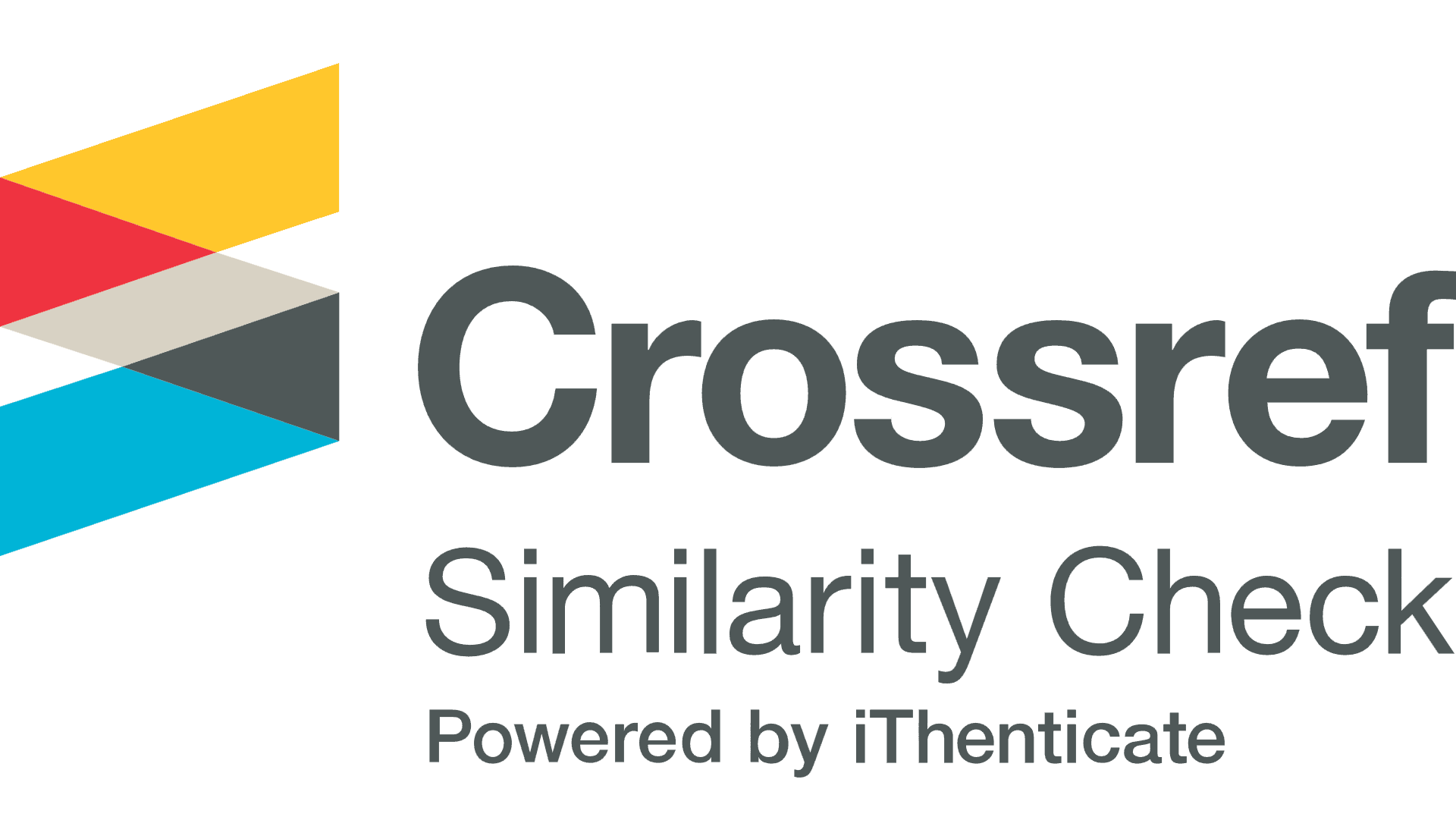Analyzing the Marketing Model of Krishna Consciousness in Hungary
DOI:
https://doi.org/10.31410/Balkans.JETSS.2020.3.1.56-63Keywords:
Religious marketing, Marketing religions, New religious movementsAbstract
The aim of this paper is to analyze the marketing activities of Krishna Consciousness as a new religious movement in Hungary. Observations and in-depth interviews were carried out in different Krishna-conscious communities in Europe concerning the means they apply to gain followers. The three-year-long qualitative research phase has revealed a two-phase model, in which Krishna-conscious villages are promoted as touristic destinations providing a cultural experience; and only in the second phase, when people already visit one of these places, are they introduced to the religion, which feels more like learning, not promotion. In the second research phase a questionnaire was used to evaluate the recognition and the efficiency of the two-phase model. In this paper the research results concerning Krisna Völgy in Hungary are introduced, which is currently the biggest village in Europe and also one of the most developed ones concerning tourism and cultural experiences.



